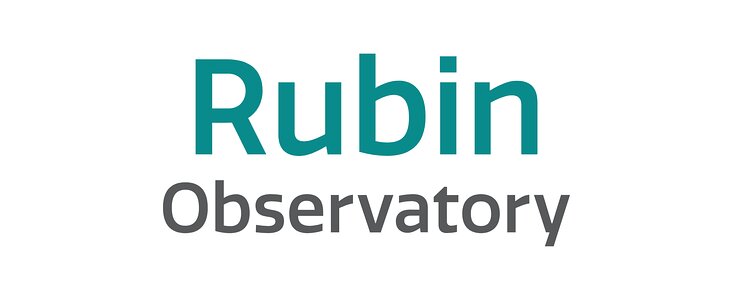Rubin Digest 12 March 2019
12 March 2019
Project & Science News
A Dark Energy Science Collaboration (DESC) broker workshop took place in Berkeley, CA on February 21 and 22. DESC members met with representatives from the major community alert brokers operating on precursor surveys, to determine whether their envisioned offerings would be suitable for DESC’s needs. DESC’s response to the LSST call for broker Letters of Intent was also discussed. The workshop featured presentations by two LSST Data Management team members; Melissa Graham gave a summary of Prompt Processing and Data Products, and Eric Bellm described the selection of community alert brokers and differences between the LSST and Zwicky Transient Facility (ZTF) alert streams. Meeting talks are available at this link.
Version 17.0 of the LSST Science Pipelines is now available. The latest release from the LSST Data Management team features many improvements, including faster installation times for many users. More information including installation instructions, release notes, and scientific characterization are available at this link.
The LSST Data Management team will hold a Final Design Review of the LSST Science Platform (LSP) on April 10-12. This is a formal internal review of the planned LSP capabilities. The vision, design, and current implementation will be evaluated against the LSST science requirements. Through this review, LSST Data Management will explore how the LSP can best meet the needs of the LSST science user community, as well as identify any potential complications.
At the end of February, members of the LSST Camera Integration and Testing team at SLAC inserted a raft of nine imaging sensors into the body of the LSST Commissioning Camera. This miniature version of the LSST camera will be used for commissioning of the telescope systems. Photos are available in the LSST Gallery.
The LSST calibration screen reflector, which was built in the instrument shop in the LSST Project Office building in Tucson, AZ, is now mechanically complete. The reflector is an important component of LSST’s in-dome calibration system; see photos and read more details in this recent news post.
An important reminder: Daylight Saving Time began in the U.S. on March 10th. Arizona remains on Mountain Standard Time all year, but because the LSST Project uses Pacific Time as its standard, meeting start times for Tucson staff members may change. Online calendars are not always reliable; please check with your meeting organizers to verify start times for upcoming meetings.
LSST Corporation News
LSSTC received 19 excellent submissions covering a broad range of LSST science and community preparation activities in response to this year’s Enabling Science Call for Proposals. Nine proposals received full or partial funding this year, for a total award of $149,979. All 19 proposals received describe valuable contributions to science preparation for LSST; however, the call produced many more proposals than could be funded with the available budget.
In addition to the proposals, the committee requested Letters of Intent for support for undergraduate students to attend the 2019 Project and Community Workshop. Letters were received from six institutions representing 22 students. More information on formal Corporation support for this program will be forthcoming.
Information for Project Members
Below is the second in our ongoing series of reminders about individual communication channels used within the LSST Project. Information about all LSST communication channels can be found in Document-28656.
The current featured channel is Confluence, the LSST Project’s official internal collaboration tool for the development of ideas and plans, and for sharing information. The Project prefers that teams use Confluence to track meeting minutes. Documentation can also be collaboratively developed in Confluence but must then be converted into an official document and placed in Docushare for it to exist as an LSST document.
Personnel News
The Education and Public Outreach team is looking for a UX Developer; information about this and other positions with LSST can be found on the LSST is Hiring web page.
Heinrich Reinking joined the Data Management subsystem as IT Infrastructure Engineer on March 1. Based in La Serena, Chile, Heinrich will be responsible for the operations of highly available and secure servers, networks and science platforms; installing, maintaining, upgrading, and continuously improving LSST’s operating environment.
Upcoming Meetings with LSST Involvement
(those with asterisk* are LSSTC funded):
2019
March 26-27: Project Science Team (PST) meeting, Tucson, AZ
April 1-2: AMCL Meeting, Pasadena, CA
April 8-9: LSST Corporation Institutional Board Face to Face Meeting, Phoenix, AZ
April 11-12: Next Generation Spectroscopy with LSST, Argonne Natn’l Laboratory, Chicago, IL
May 20-23: LSST@Asia, Sydney, Australia*
August 12-16: LSST 2019 Project and Community Workshop, Tucson, AZ
August 19-28: La Serena School for Data Science: Applied Tools for Data-driven Sciences, La Serena, Chile


